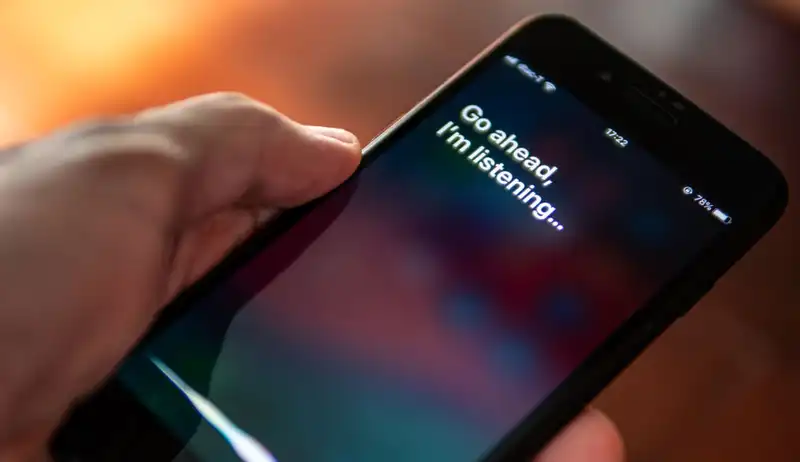A few weeks before WWDC, Apple announced eight new large-scale language models (LLMs) designed to run on smartphones; many believe that WWDC in June will feature significant announcements related to generative AI.
In a paper on the open-source family of efficient language models (OpenELMs) published in Hugging Face last week, Apple researchers showed off the pertinent results of their new LLMs, despite their relatively small size.
They were trained on data from publicly available sources such as Reddit, Wikipedia, and ArXiv; the OpenELM variants range from 270 million to 3 billion parameters, which is very nimble compared to the trillion-plus parameters of GPT-4. This is good news for iPhone users who may see an AI upgrade later this year, including one related to Siri.
Apple's voice assistant was so-so, but can GenAI make it great? Rumors certainly suggest so, but expect more details to be revealed at Apple's 2024 Worldwide Developers Conference on June 10-14.
Meeting the June deadline means that Apple will enter the public generative AI space months behind rivals OpenAI, Microsoft, and Google, but the company could grab the hype that is building for a major comeback.
But there is nothing obvious. The one to beat is Samsung's Galaxy S24 and Galaxy S24 Ultra, which have practical AI capabilities and have been well received. As such, anything short of at least Samsung's AI experience will negatively impact iOS 18's (and eventually the new iPhone's) AI scores.
What is more certain is that the latest iPhones will be able to run the LLM model without relying on the cloud, which has advantages in privacy and speed. They would run on the Apple Neural Engine, a processor that smoothly executes LLM models in an energy-efficient manner.
However, more advanced AI functions, such as image and long text generation, may still require cloud processing, perhaps using a third party like OpenAI's ChatGPT or Google Gemini. Apple has been testing ChatGPT-style chatbots in-house, but one analyst poured cold water on hopes that something might be released in 2024.
When news leaked about the next version of Apple's Xcode, developers were already given signals to start thinking about using generative AI to create apps. If this is confirmed, it may make it easier for developers themselves to make the leap to start thinking about creating generative AI apps. If this happens, it will not be a question of if AI apps can be found in the App Store, but when.
The average user, at least for now, will likely interact with a Ferret-UI LLM that reads the Apple iPhone screen. In theory, such a model could complement tools like Safari's "Find on Page" with an "Ask this Page" feature, where the user could ask Apple's AI to summarize, contextualize, or provide additional analysis of what is being displayed on the screen The user can ask Apple's AI to summarize, contextualize, and provide additional analysis of what is displayed on the screen. If such a feature is too ambitious, it could be scaled back to focus on improving accessibility for people with hearing, vision, or visual impairments.
Similarly, Apple's new small language model called ReALM (Reference Resolution As Language Modeling) could help make Siri 2.0 smarter by helping it understand context and ambiguous references. The model is said to be comparable to GPT-4, which, if implemented, should allow people to interact with Siri in ways they could not before. Some tasks could even be performed autonomously.
Features likely to arrive in June include generating playlists in Apple Music, creating Keynote slides, and generating text in Pages and Messages.
Now might be a good time to start thinking about whether to upgrade to the iPhone 16, which should have the A18 processor needed to perform dedicated AI tasks. However, if the most important new AI features will be included in iOS 18, then older iPhone models should work relatively well. However, they may need to rely more on cloud services.
There is a lot of hype and speculation, but things should become clearer in the coming months. What is certain is that Apple CEO Tim Cook has promised investors that they will hear more details about how the company plans to use generative AI by the end of the year. This year's WWDC will be one not to be missed.
.









Comments